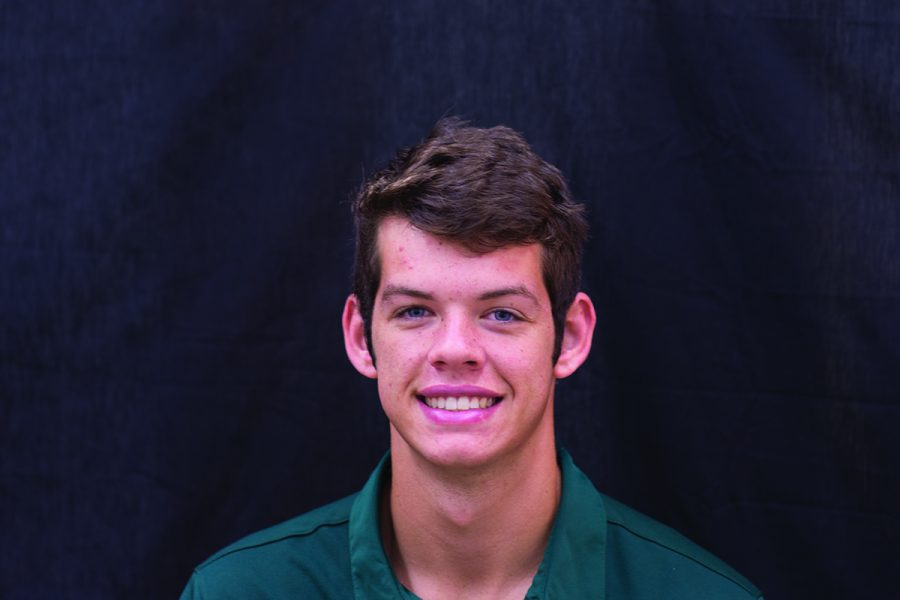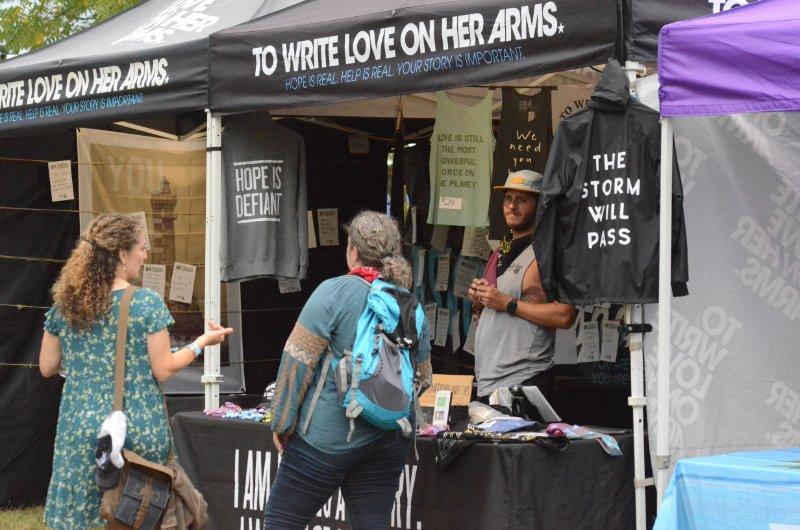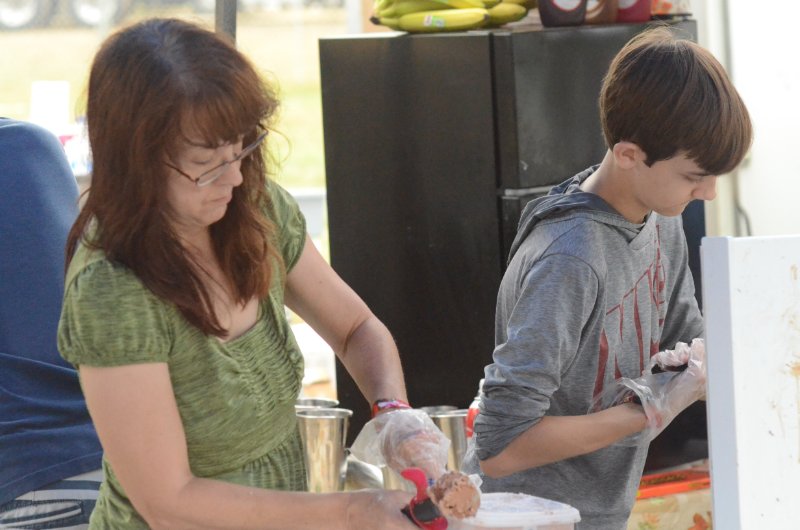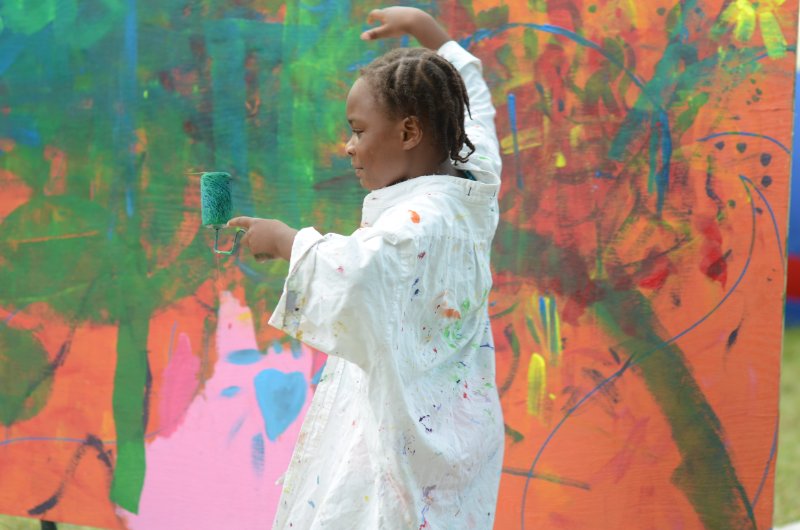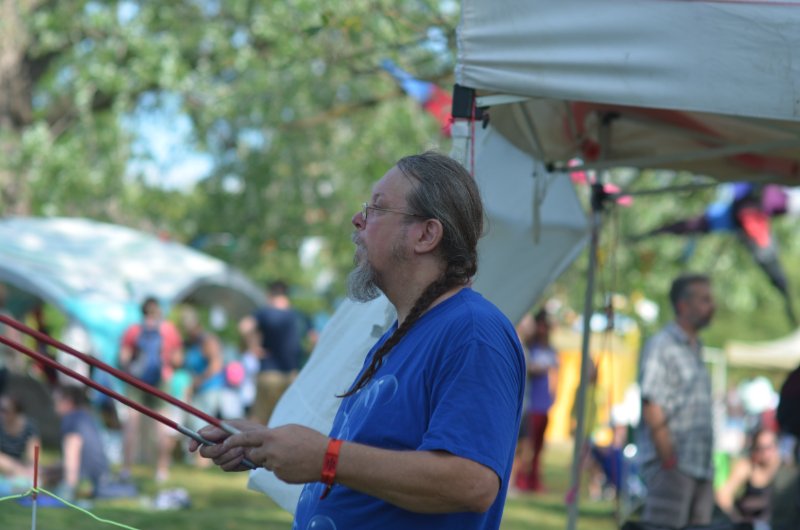Bethany Ahlersmeyer: former journalism student at the University of Missouri, Columbia.
Q: What are you studying right now?
A: Currently I am a special education student at the University of Missouri. Originally I went to Mizzou to study convergence journalism.
Q: What made you go into the journalism field and why did you get out of it?
A: I did journalism through Rock Bridge and the career center all through high school. I was in broadcast journalism, I was the arts and entertainment editor, I did podcasting, I worked for the radio station. I did everything and I loved it – it was my life and it was amazing. Then I got to Mizzou and started studying [journalism] at the collegiate level and it was not what I thought it would be. It didn’t seem to be what journalism should be to me; it wasn’t about giving people a voice, it was more about making money.
Q: Do you think that had anything to do with the role social media played, affecting how you reported? Was it different from what you experienced at Rock Bridge?
A: At Rock Bridge we had different values for why we were reporting things than they did in the journalism school. [For] a lot of people in the j-school it was all about the grades. I know Mizzou uses a lot of social media things like requiring students to have a iPhone and use mac products and to use twitter and all these other social media type things to report and that’s fine. But to me, it shouldn’t be all about that, it should be telling the story the way it is.
Q: What did you guys have to do, using social media in the form of twitter and Facebook? How did reporting change because of social media?
A: The way people got the information changed drastically. Now if you need information, you hop on twitter and Facebook and there are all these people saying things. You don’t know who’s right or wrong and it’s technically a publication, but there’s no one monitoring it. People are just saying whatever they want and [the journalists are] trying to say that that is news. To me social media is social. It’s about socializing with people. it cant be your main basis for news.
Q: What were some adjustments you had to make to be considered a “good journalist” at Mizzou?
A: The writing that they accepted was not at the level that [the Rock Bridge journalism teacher Mrs.] Stover wanted. Sometimes I would write things for my classes and they would tell me all these things that were wrong with it and I’d have strong disagreement from what Stover had taught me.
Q: How do you think social media is influencing journalism as a whole?
A: Social media, things like twitter and Facebook, [is] degrading the art of journalism. When you think about it, back in the day you’d have to write a story for the newspaper and you’d spend all day like trying to make it perfect. Now there’s such a push to get things out quickly and by doing that you can get things out on the web very quickly. Something can happen and an hour later you have a full story. But I think that people don’t trust journalism as much as they used to, since journalists are trying to get things out so quickly, they are making mistakes which is inevitable if you’re doing a sloppy job and trying to get things out quickly. You’re going to make mistakes but its making the public as a whole distrust journalists.
By Kaitlyn Marsh
Categories:
Intoduction to college journalism changes career
November 18, 2011
0
Tags:












































































